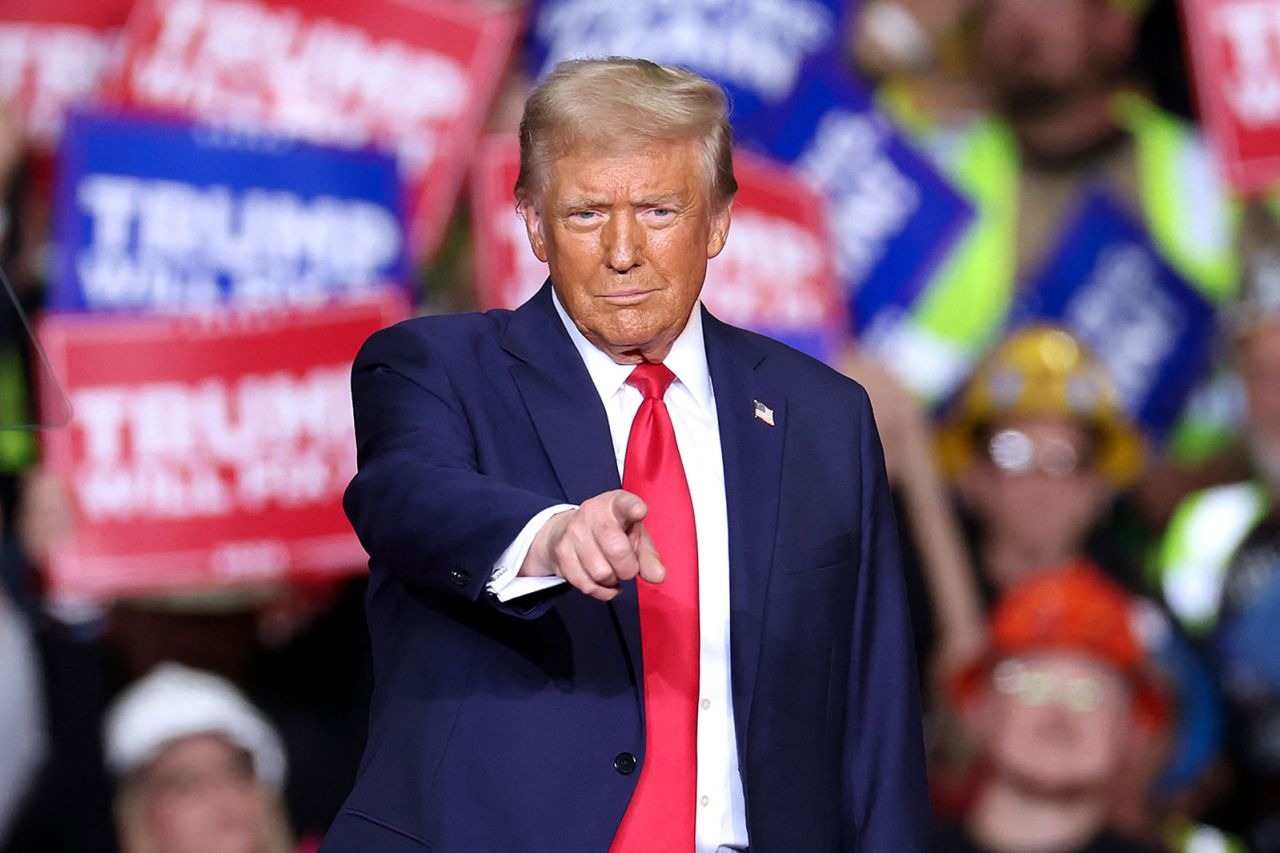Donald Trump’s decisive win in the 2024 U.S. presidential election has generated widespread reactions around the world, with many surprised by his strong showing. His return to office comes with a pledge to put American interests first and promises of a “golden age,” but it also raises global concerns. Trump’s prior term saw strained relationships with many allies, and his second term is expected to have major implications for global trade, climate policy, and international relations, particularly in regions reliant on U.S. support.
The turning point came when Trump secured the needed 270 electoral votes, marking his official return to power. In his victory speech, Trump emphasized a vision centered on prioritizing U.S. interests and building prosperity domestically. Observers, however, are apprehensive about how his administration’s approach will impact international stability, especially in conflict zones and regions where the U.S. holds significant influence.
A major concern is Trump’s stance on China. He has promised to intensify the trade dispute with the rising economic powerhouse, which could have ramifications for global markets. Trump has also pledged to address various conflicts in the Middle East, including between Israel and groups like Hamas and Hezbollah, though without offering specific plans. Additionally, his promise to end the Russia-Ukraine conflict within 24 hours of taking office has alarmed some, who fear it could result in terms favorable to Russia, sidelining Ukraine’s interests.
NATO has expressed both optimism and concern about Trump’s return. NATO Secretary-General Mark Rutte welcomed his leadership while acknowledging the global challenges posed by increasingly assertive powers like Russia, China, and Iran. During his first term, Trump criticized NATO, questioning U.S. commitments to defend allies who do not meet defense spending targets. European leaders now face difficult questions about their security strategy and whether the U.S. will remain a dependable partner.

Global Leaders React Cautiously to Trump’s 2024 Victory, Eyeing Potential Shifts in U.S. Foreign Policy
Ukraine, a major recipient of U.S. military aid, is especially anxious. President Volodymyr Zelenskyy has expressed hope in Trump’s “peace through strength” philosophy, but fears linger that Trump’s approach to resolving the war with Russia could favor Moscow. NATO allies have offered mixed responses, with some expressing optimism about working with Trump, while others remain concerned about the potential for a shift in U.S. commitments.
European leaders have reacted cautiously, with mixed sentiments about Trump’s victory. British Prime Minister Keir Starmer and French President Emmanuel Macron congratulated Trump and emphasized cooperation while expressing underlying concerns. Trump’s first term was marked by protectionist policies, including tariffs on European goods, which destabilized economies. European Union leaders are determined to keep strong ties with the U.S., though they remain wary of a potential revival of these economic measures.
In contrast, European populist leaders, such as Hungary’s Viktor Orbán, openly celebrated Trump’s victory. Orbán praised Trump’s resilience, seeing him as a kindred spirit. These leaders, who share Trump’s nationalist and populist views, hope his presidency will bring greater alignment with their political agendas and strengthen their influence in Europe.

Global Leaders React Cautiously to Trump’s 2024 Victory, Eyeing Potential Shifts in U.S. Foreign Policy
The Middle East remains a key focus as Trump returns to power, with many remembering his efforts to reshape alliances in the region. Israeli Prime Minister Benjamin Netanyahu has warmly welcomed Trump’s election, viewing it as a renewal of the U.S.-Israel alliance. However, as conflicts continue between Israel and groups like Hamas, the path forward remains uncertain. Trump’s unpredictability adds to the complexity of the region, where stability is already precarious.
In Asia, Trump’s approach to China is expected to heighten tensions. Chinese officials have maintained a cautious response, reiterating a desire for stable relations, but experts predict more challenges than opportunities. Long-standing tensions, including trade disputes and conflicts in the South China Sea, are likely to intensify, with Asian allies like Japan and South Korea hoping for continued cooperation with the U.S. in countering China’s influence and North Korea’s nuclear ambitions.
Leaders from the Americas have also responded to Trump’s victory, expressing both optimism and concern. Mexican President Claudia Sheinbaum sought to reassure citizens, despite Trump’s past threats of tariffs on Mexican goods. Canadian Prime Minister Justin Trudeau took a positive tone, emphasizing the enduring friendship between Canada and the U.S., while Brazilian President Luiz Inácio Lula da Silva acknowledged Trump’s win, highlighting the importance of respecting democratic outcomes.
Trump’s return to the White House presents a turning point in global relations. While some leaders welcome his leadership, others remain deeply concerned about his policies on trade, defense, and international conflict resolution. The coming years will be critical in determining whether Trump’s “America First” agenda fosters collaboration or leads to heightened divisions. Allies and adversaries alike are preparing for a presidency that could challenge existing alliances and redefine the dynamics of power in the world.











































